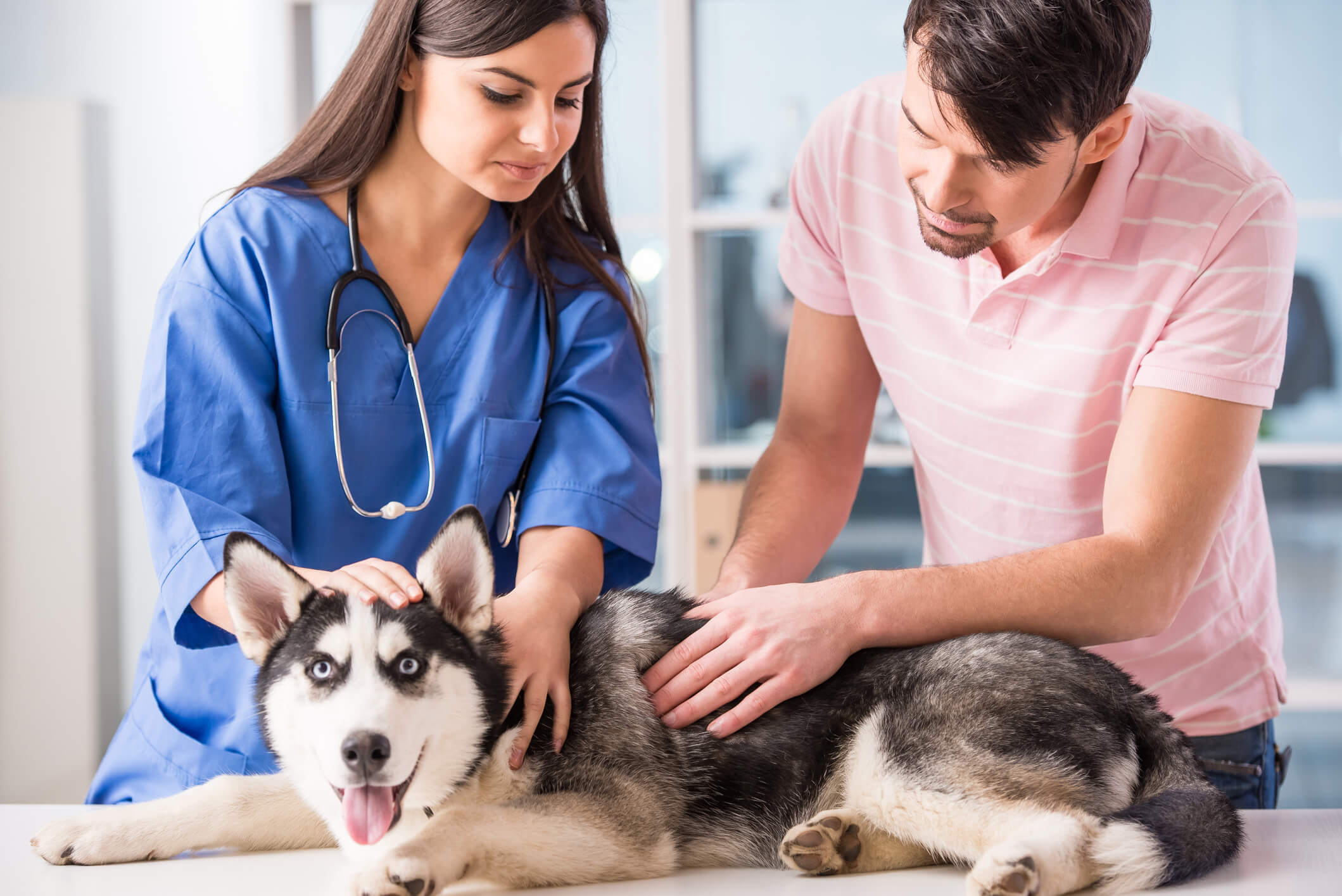A veterinary clinic plays a pivotal role in a community by providing essential health care services to our canine companions. Dogs, being an integral part of many families, require specialized care that caters to their unique needs. The quality of services offered by a veterinary clinic directly impacts the health and well-being of dogs, making it imperative for clinics to strive for excellence in their offerings.
The primary objective of this paper is to shed light on the current state of dog care services in veterinary clinics and highlight areas that require improvement. By examining the challenges faced by clinics and exploring innovative solutions, this paper aims to provide actionable insights that can significantly enhance the quality of dog care services. In doing so, we hope to contribute to the betterment of veterinary practices and ultimately, improve the health and happiness of dogs in our communities. Whether it’s through medical advancements, customer service enhancements, or the incorporation of technology, there are numerous ways in which veterinary clinics can elevate their services to new heights.
Table of Contents
Current State of Dog Care Services in Veterinary Clinics
When we look at the state of dog care services in veterinary clinics today, we find a range of services that are commonly offered to cater to the health and well-being of our canine companions. These services often include general health check-ups, vaccinations, spaying/neutering, dental care, and emergency services. In addition to these, many veterinary clinics also offer grooming and boarding facilities as part of their comprehensive dog care services.
However, despite the availability of these services, veterinary clinics face several challenges in providing optimal dog care. One of the main challenges is keeping up with the latest medical advancements and ensuring that the staff is well-trained to use new equipment and techniques. The rising costs of veterinary care can also be a significant hurdle for many pet owners, and clinics often struggle to balance providing high-quality services with keeping the costs affordable.
Another challenge faced by veterinary clinics is managing the emotional needs of pet owners. When a dog is ill or requires surgery, it can be a stressful and emotional time for the owner. Clinics need to be equipped not only to provide medical care but also to offer support and guidance to pet owners during these difficult times.
Areas of Improvement
In today’s world, the importance of exceptional dog care services in veterinary clinics cannot be overstated. With pet ownership on the rise, clinics must strive to provide the best possible care for our furry friends. One of the key areas where clinics can enhance their dog care services is through the incorporation of veterinary relief services. By utilizing the services of a relief veterinarian, clinics can ensure that there is always a qualified professional available to attend to the needs of the pets.
Areas of improvement in dog care services can be broadly classified into four main categories: medical services, customer service, preventive care, and grooming services.
Medical Services:
- Up-to-date Medical Equipment and Facilities: Veterinary clinics must invest in the latest medical equipment and facilities to ensure accurate diagnosis and effective treatment.
- Continuous Staff Training and Education: Staff should be regularly trained on the latest medical advancements and best practices in dog care.
- Specialized Services for Different Dog Breeds and Conditions: Clinics should offer specialized services catering to the specific needs of different dog breeds and medical conditions.
Customer Service:
- Efficient Appointment Scheduling and Reminders: An efficient system for scheduling appointments and sending out reminders can significantly enhance customer satisfaction.
- Transparent Billing and Clear Communication: Clinics must ensure that billing is transparent and communication with pet owners is clear and straightforward.
- Providing Emotional Support to Pet Owners: The emotional well-being of pet owners should also be considered, and support should be provided accordingly.
Preventive Care:
- Regular Health Check-ups and Vaccinations: Regular check-ups and vaccinations are crucial for preventing illnesses.
- Nutrition and Diet Consultation: Proper nutrition is vital for a dog’s health, and clinics should offer consultation services to guide pet owners.
- Parasite Control and Prevention: Clinics should also provide services for the control and prevention of parasites.
Grooming Services:
- Regular Grooming and Cleanliness: Regular grooming is essential for a dog’s health and well-being.
- Flea and Tick Prevention Treatments: Flea and tick prevention treatments should be provided to protect dogs from these common parasites.
- Specialized Grooming for Different Dog Breeds: Specialized grooming services should be offered for different dog breeds, taking into account their specific grooming needs.
The Role of Technology in Improving Dog Care Services
The integration of technology in veterinary clinics has revolutionized the way dog care services are provided, significantly enhancing the convenience and efficiency of pet healthcare. One prominent example of this transformation is the adoption of online appointment scheduling and reminders. This system enables pet owners to easily book and manage appointments at their convenience, while also receiving timely reminders, thus reducing the chances of missed appointments and ensuring that pets receive timely care.
Digital record keeping is another area where technology has made significant contributions to improving dog care services. This system allows for efficient and accurate tracking of a pet’s medical history, vaccinations, and other essential information. It not only simplifies the process of managing patient records but also ensures that veterinarians have access to accurate and up-to-date information, thereby facilitating better-informed decision-making and improved patient care.
Lastly, telemedicine services have emerged as a valuable tool in providing dog care services, especially in the context of the ongoing pandemic. This service enables pet owners to consult with veterinarians remotely, thus ensuring that pets receive necessary medical attention without the need for physical visits to the clinic. This not only helps in maintaining social distancing but also increases accessibility to veterinary services, especially for those residing in remote areas.
Conclusion
In conclusion, the realm of dog care within veterinary clinics is one that requires constant evaluation and improvement. By ensuring that medical equipment and facilities are current, staff is continually educated, and specialized services are offered, clinics can significantly enhance the quality of care provided to our canine companions. Alongside medical advancements, prioritizing customer service, preventive care, and grooming services will also play a crucial role in elevating dog care to new heights.
Implementing technology, such as online scheduling, digital record-keeping, and telemedicine, can further streamline operations and enhance the overall customer experience. Case studies have shown that veterinary clinics that commit to improving their dog care services not only boost customer satisfaction but also experience significant business growth. As such, it is imperative for veterinary clinics to heed these suggestions and make a concerted effort to enhance their dog care services, ensuring that our beloved pets receive the best possible care.






